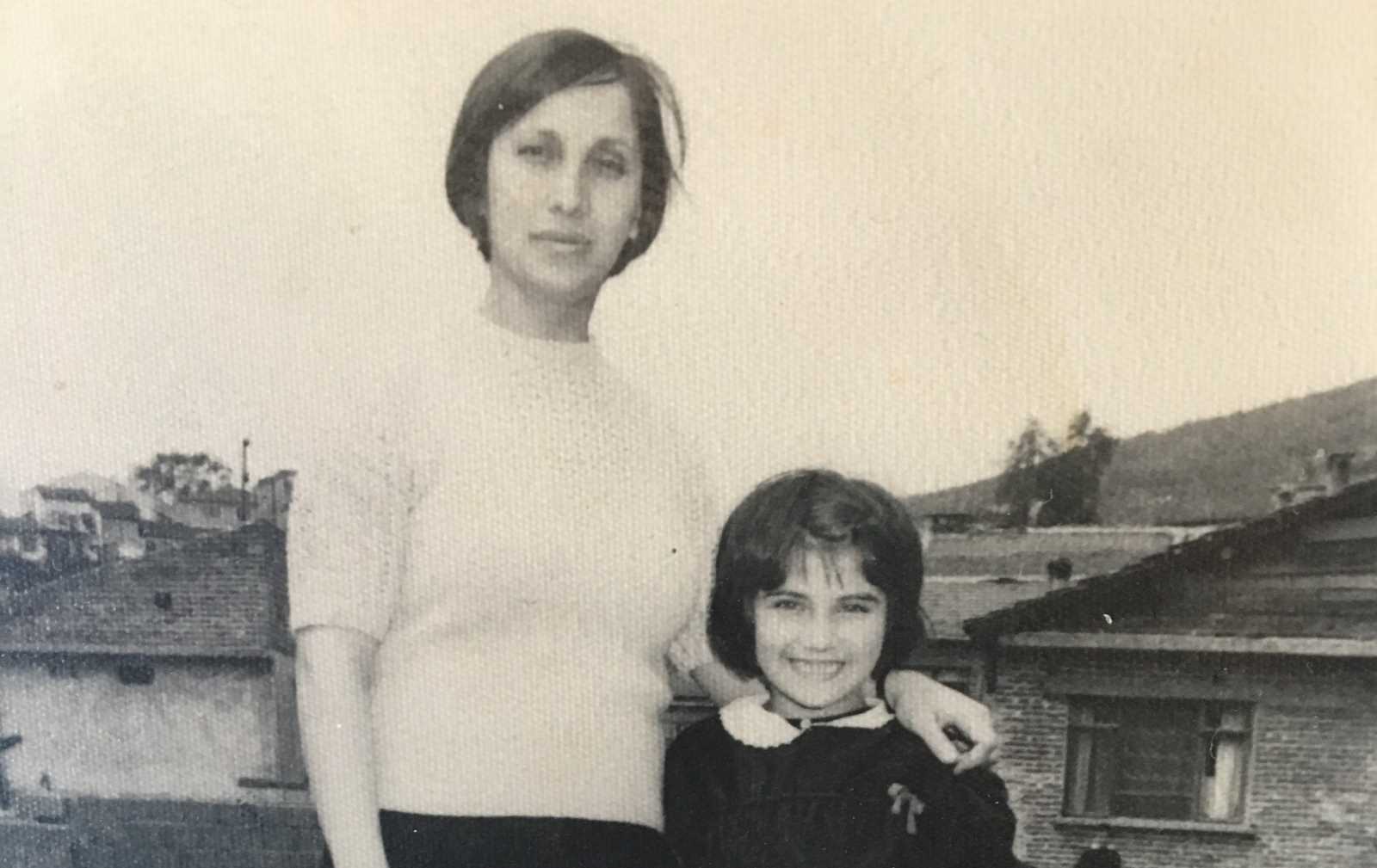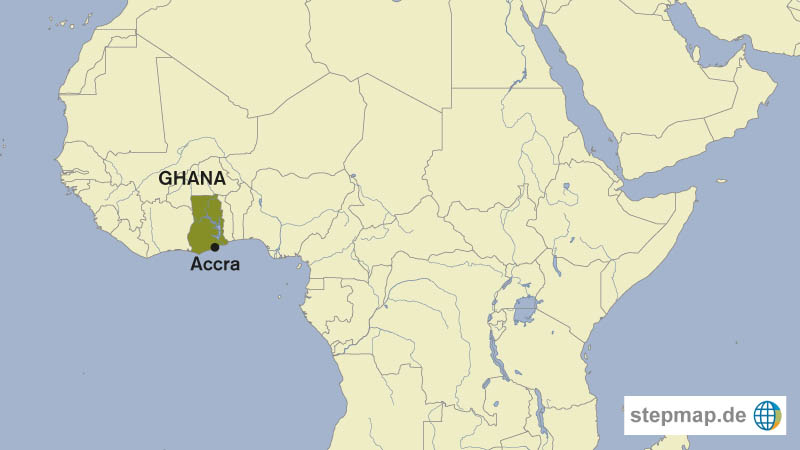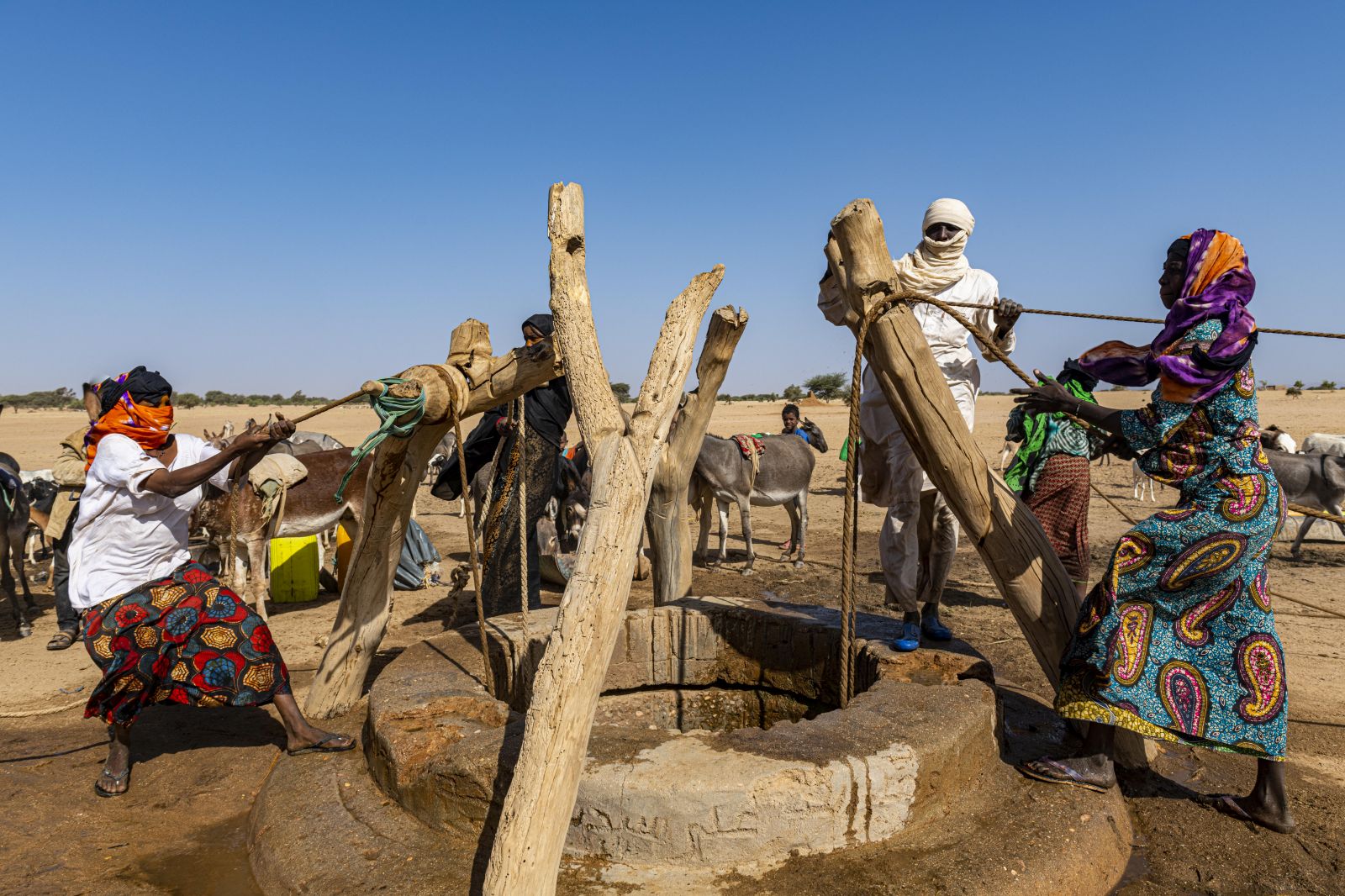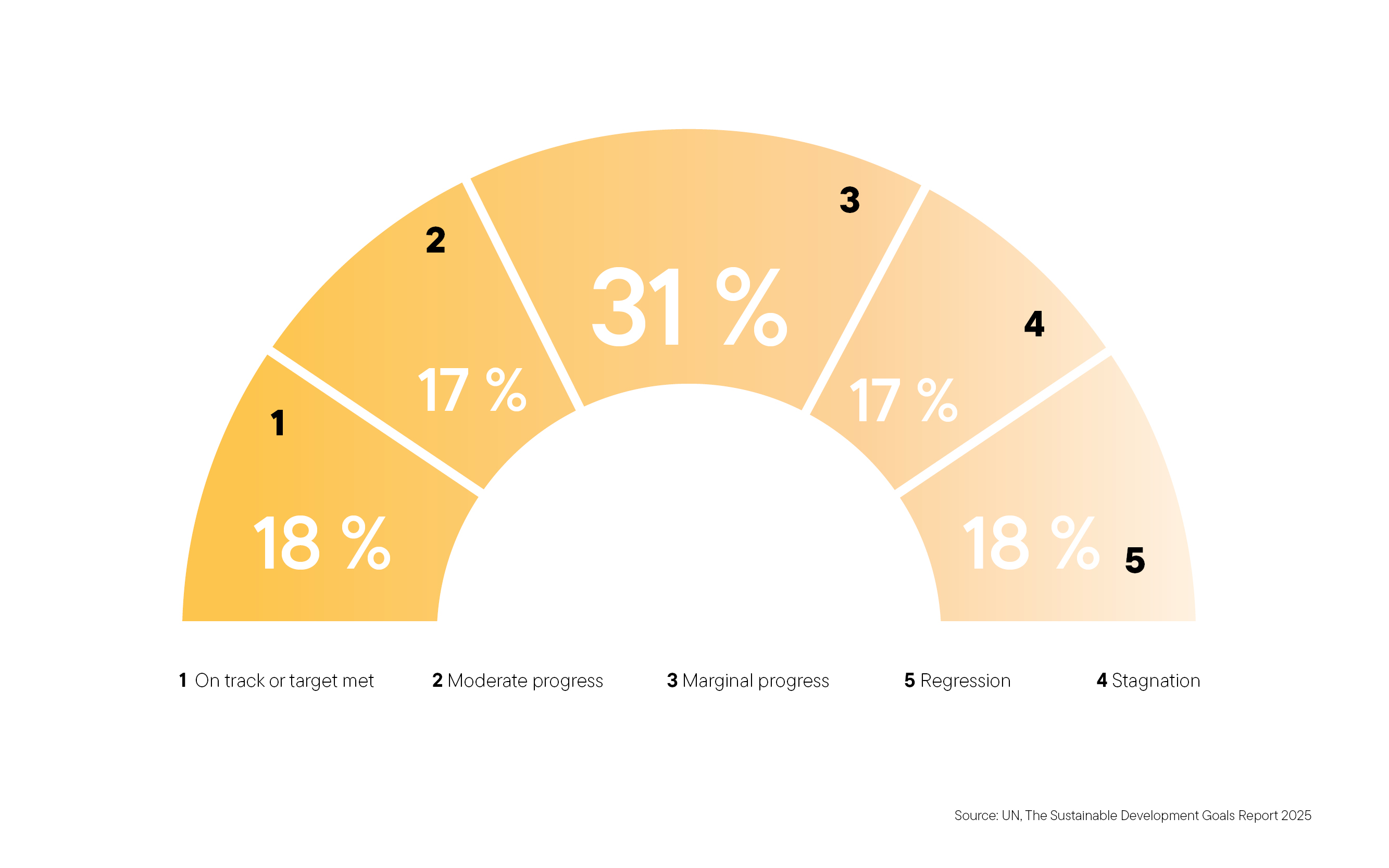NGO
The fight against sexualised violence
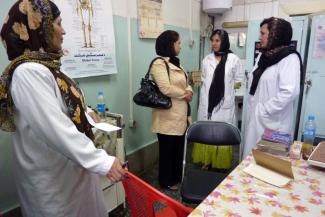
From 2012 to 2015, Medica Afghanistan supported 1,357 victims of violence in the cities of Kabul, Mazar-e-Sharif and Herat. They all survived sexualised violence and availed of the non-governmental organisation’s psychosocial services. In 2016, the organisation implemented an evaluation of three projects from the years 2012 to 2015. External specialists conducted the evaluation using quantitative as well as qualitative methods. They included 296 representative surveys and 14 in-depth interviews with clients of Medica Afghanistan. They also engaged in conversations with relatives. Furthermore, the experts assessed workshops with the Medica Afghanistan employees as well as feedback from governmental and civil-society actors. The goal of the evaluation was to understand the physical and emotional wellbeing of Medica Afghanistan’s clients and their satisfaction with the NGO’s psychosocial programmes.
The main findings are as follows: 83 % of clients believe that they can influence or change something, and 78 % of women consider themselves self-confident. They know their rights, moreover, and are aware of what institutions they can turn to if they need help. However, almost all of the surveyed women exhibited signs of post-traumatic stress disorder (PTSD).
At first glance, this result may seem paradoxical. However, it confirms a study from 2014. In it, medica mondiale and Medica Zenica examined the long-term consequences of sexualised war violence in Bosnia and Herzegovina. One result was that the symptoms of PTSD persist if the persons concerned perceive the societal conditions as unsafe, stigmatising and unsupportive.
Many of the surveyed women consider the services of Medica Afghanistan a turning point in their lives. “I am better now. The more often we go to Medica Afghanistan, the less pain we have. (...) The psychologists are good, and they understand us,” one woman said. The report especially praises the self-help groups. It found that they anchor support in the communities in a lasting way. The groups provide the women with a special sanctuary, in which they can exchange ideas and strengthen one another, according to the report. The reason is that social ties counteract the impact of traumatic experiences.
The evaluation also showed that Medica Afghanistan enjoys a high level of respect among both civil-society organisations and governmental agencies. Furthermore, the evaluators pointed out that the work is done in a most challenging context. The security situation is fragile, many people live in great poverty, and women’s rights are violated. Women depend on male family members in social and economic terms. Disentangling themselves from violent relationships is thus a huge challenge.
The Medica Afghanistan employees describe their working conditions as difficult and potentially burdensome. Nevertheless, only a small number indicated in the evaluation that they were exhausted, and 90 % of them considered their work to be fulfilling and were very happy with it. The authors of the evaluation consider this to be due to the team’s culture of care and the availability of further training.
Despite the overall positive assessment, the evaluation does reveal some weaknesses. It recommends that more should be done to ensure that counselling sessions remain confidential. On the other hand, there should be more feedback opportunities for clients.
The evaluators' conclusion is that the work of Medica Afghanistan contributes decisively to stabilising Afghan society and making it more peaceful. The recommendation is that the women’s-rights organisation should expand its activities to other cities and regions of Afghanistan.
Mechthild Buchholz, medica mondiale
Links
Summary of the evaluation report on Medica Afghanistan:
http://bit.ly/2iSEcnl
"We are still alive" – Research on the long-term consequences of war rape and coping strategies of survivors in Bosnia and Herzegovina:
http://bit.ly/2jwHP4y
